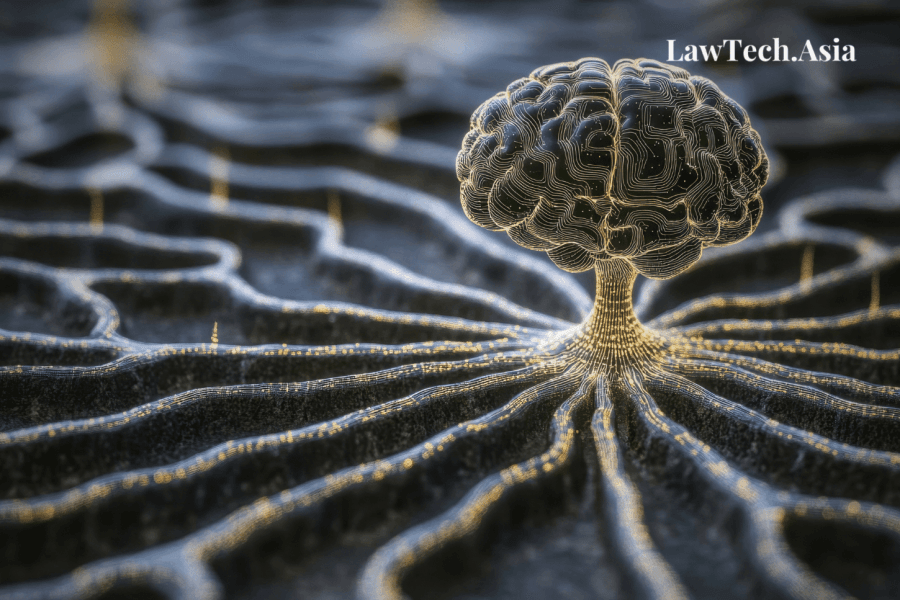Written by Elizabeth Thomas and Josh Lee Kok Thong
TechLaw.Fest 2025 (“TLF”) took place from 10 to 11 September 2025, bringing together participants from around the world to engage in leading-edge conversations at the intersection of law, technology, and business. This year, LawTech.Asia had the unique privilege of interviewing John Edwards, Information Commissioner at the UK’s Information Commissioner’s Office (“UK ICO”). Commissioner Edwards also delivered a keynote address on the second day of TechLaw.Fest 2025, titled “Trust as Infrastructure: Can Regulation Be the Foundation for Responsible Innovation?”.
Drawing from his distinguished career in public service and private practice, Commissioner Edwards offered valuable perspectives on a range of pressing issues, including the regulation of emerging technologies, the geopolitical dimensions of artificial intelligence, and the evolving role of legal professionals in a rapidly changing landscape. Our discussion focused on the future of AI governance, cross-border legal complexities, and the pivotal contribution of young legal minds to shaping the future of law and technology.





